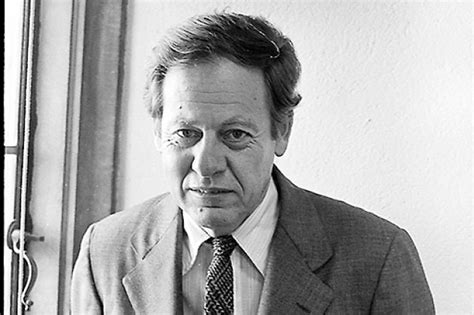A Quote by Tim Crane
Problems come and go over time, and to understand why is a difficult historical task. If one wanted to find the origin of a problem, historical research and close attention to texts is what is needed, not unconstrained speculation about the 'pictures' that philosophers must be in the grip of.
Related Quotes
Africans and persons of African descent must assume the primary responsibility and leadership in historical research....if we are to continue to leave practically all important historical research and writing concerning the black race to the white man, then we must be prepared to accept, uncomplainingly, the white man's point of view.
For we cannot adequately understand 'man' as an isolated biological creature, as a bundle of reflexes or a set of instincts, as an 'intelligible field' or a system in and of itself. Whatever else he may be, man is a social and an historical actor who must be understood, if at all, in close and intricate interplay with social and historical structures
[Sacrifice of Isaac] is a major theme of the so-called Elohist [one authorial strand in the Pentateuch]. It is marked by all of his linguistic characteristics, and so on. We cannot determine what is historical and what isn't. As literary critics, we would understand the importance of this for understanding life, destiny. But the historical question must be left with a question mark.








































